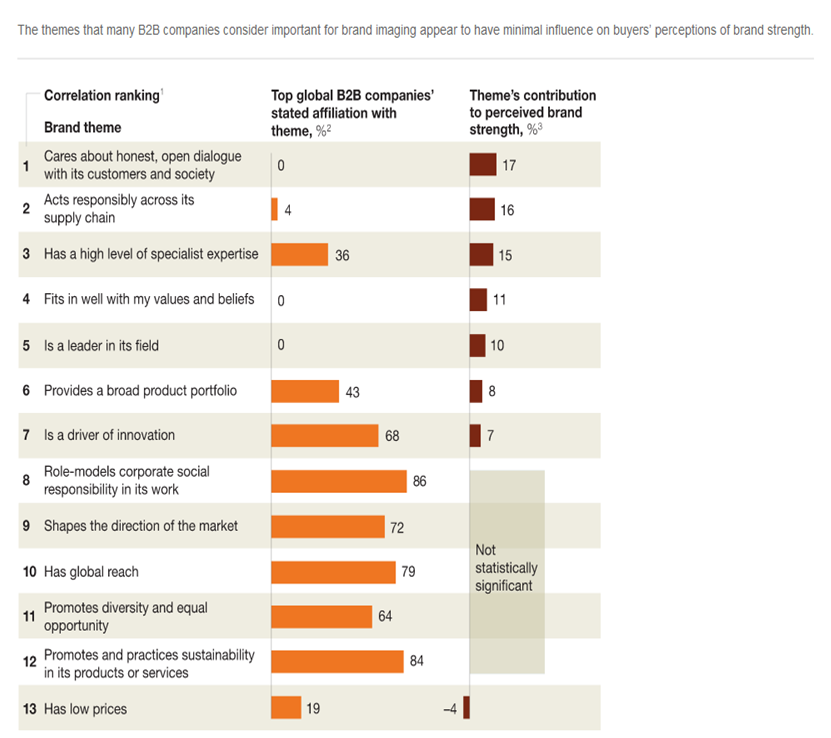
Setting the appropriate expectations at the beginning of any new undertaking can greatly influence our perception of performance. In other words, success in not measured exclusively by objective standards. 5th place can be considered a success if our goal was to break the top ten. 5th place can also feel like a failure if expectations were for a gold medal. In marketing, achieving a five to one return on an investment might sound totally acceptable. That is, unless you expected to ten to one return. If your expectations were much lower, say two to one, a five to one return wouldn't just be acceptable, it would be an absolute home run! If setting the right expectations is so important, how should we know what expectations to set? This article aims to help answer that question. Below are four major online marketing strategies along with the expectations you should have for each. Paid Search Expected Payoff: Immediate (days) You’ll receive traffic the day you launch your campaign. This makes paid search one of my favorite online marketing strategies. Few other forms of online marketing can bear fruit from Day 1. The downside is you cease receiving traffic the day you stop paying. Your ads go away as quickly as they arrived. Improvement Over Time: Moderate Unlike a fine wine, a paid search campaign will not get significantly better with age alone. Google will not reward you with cheaper clicks because you are in the “1-Year Member” club. A campaign can be optimized to produce a better return (and we’re really good at it), but don’t expect better results just because you’ve been in the game for a while. And unlike SEO, there will come a point where ROI becomes maxed out. That is, until you’re willing to spend more money on clicks or target new product offerings. Email Marketing Expected Payoff: Very fast (days to months) Email marketing can pay off the day you send your first email. Businesses that have been around for a few years typically have a respectable list of customer email addresses. In this case, a strong email marketing campaign will bear fruit quickly. If you don’t have a list to use, it could be a while before this becomes a valid strategy (buying a list would solve this problem, but for many reasons, we always recommend obtaining opt-in email lists). Improvement Over Time: Moderate The time of day you send your emails, the messaging you use, and the incentives you offer can all impact email marketing performance, so finding the right combination is very important. Once you’ve tweaked the dials as much as you can, improving results hinges greatly on your ability to grow your email list. For these reasons, email marketing is a strategy built on speed and convenience, but its ceiling is relatively limited. SEO Expected Payoff: Slow (months to years) When we begin a new SEO project with a client, we ask for 6 months before performance is evaluated. We do this for several reasons. The most critical factors Google uses to determine your site’s ranking (content, links, authority) cannot be accomplished overnight. In fact, your site’s age and its activity over time are part of Google’s ranking formula. Google needs to see that your positive activity (producing new content, getting quality links, improving the user experience) is being maintained over time before it will consider rewarding your site with high rankings. Improvement Over Time: Large My favorite analogy for setting SEO expectations is planting seeds in a garden. You don’t plant tomato seeds on a Monday so you can make spaghetti sauce on Sunday. You plant the seeds today, water them, make sure they get enough light, protect them from harm and eventually, you have beautiful ripe, red tomatoes (deer permitting). Websites willing to put in the time, commitment, and patience will produce results that stand the test of time. If you eventually shift your time away from producing new content and acquiring new links, your hard work will continue to produce results. For example, the WebStrategies website still receives a substantial amount of rankings and traffic for a popular blog posts we wrote over two years ago! Social Expected Payoff: Slow (months to years) Relationships and respect are not earned overnight in the offline world. Why would it be any different in the online world? The perceived input/output ratio for social media is grossly misguided. People see the prize, but ignore the effort it takes to get there. Of all the strategies listed in this article, social media requires the most hustle but can produce the biggest reward. Improvement Over Time: Large Just like the offline world, the relationships you build and cultivate improve greatly over time. Establishing a strong reputation built on trust, generosity, and knowledge is not achieved overnight. But once you’ve established these valuable traits with a large network, you will be top of mind when a need inevitably arises. You’ll notice an inverse relationship between the time it takes to see results and the potential for improvement over time. The faster you should expect results, the less you can expect the strategy to improve over time, and vis versa. This makes sense, because if there was a “win now and win big” strategy, it’s the only thing we’d do! At the end of the day, having a diverse online marketing approach that incorporates multiple strategies is the optimal way to achieve short and long term wins. Setting the right expectations up front will make it easier to evaluate performance and drive future decision making.






